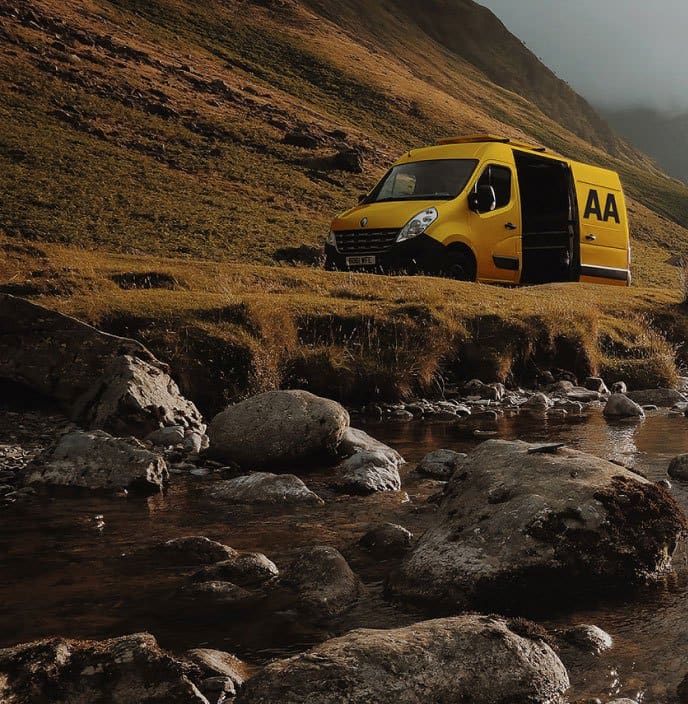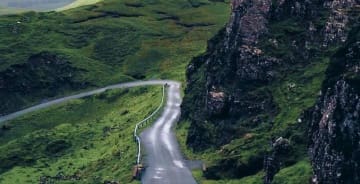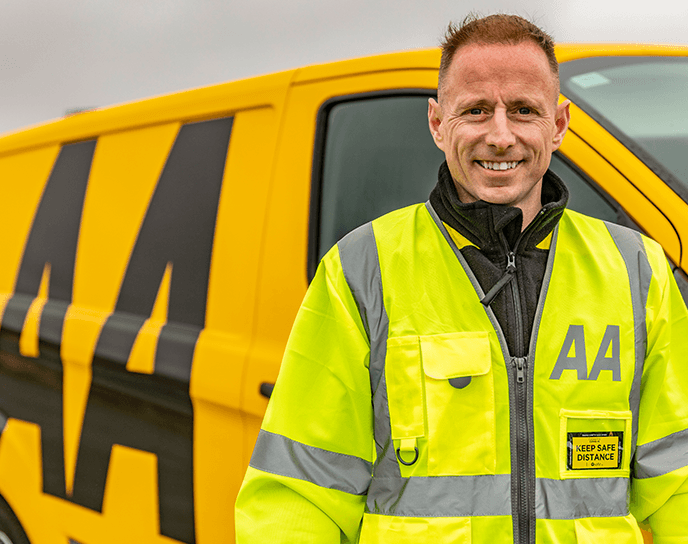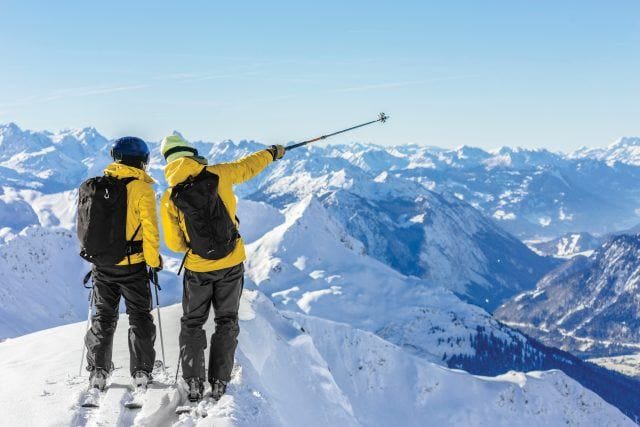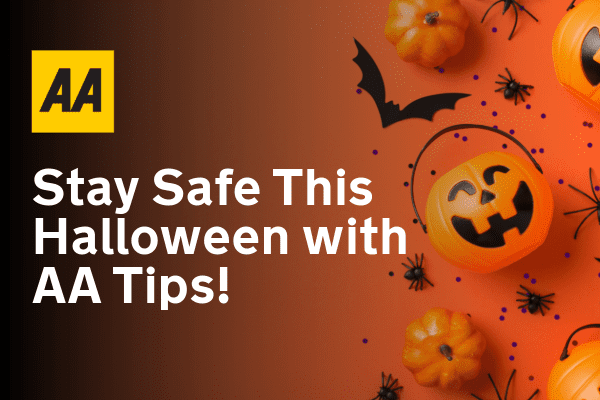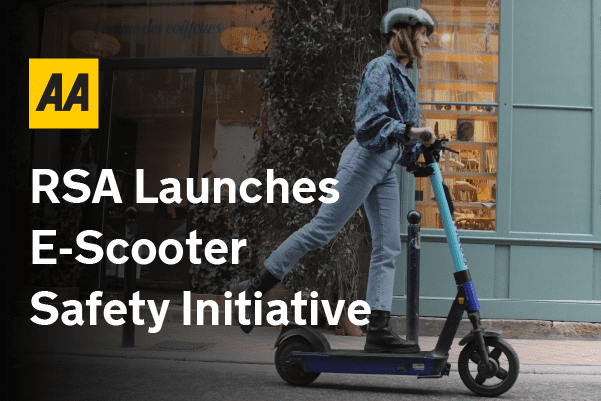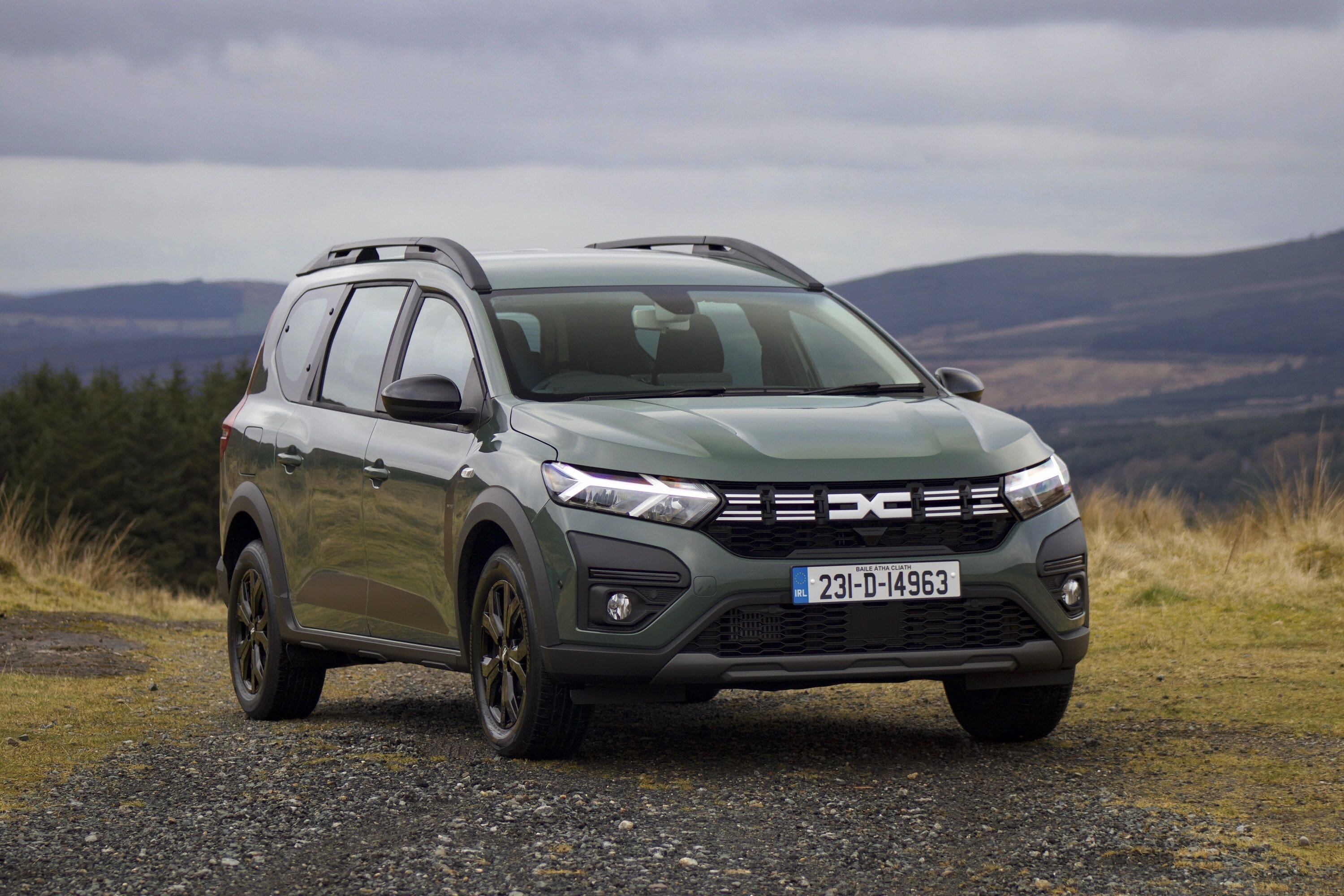It’s hard to know what to expect on your first ski holiday. Without the correct information and advice before your leave, it can be a daunting experience. So, we have teamed up with the Ski Club of Ireland who have given their expert ski advice so that you are fully prepared for your first skiing experience.
Ski Club Ireland’s Expert Advice
https://www.youtube.com/watch?v=ZtWqU3LhiMA
It is recommend that you take lessons both before you go and when you are there. Four lessons is equivalent to approximately two days on the slopes, or more if you are a natural. If you take at least four lessons before you leave you are likely to spend less time on the nursery slopes. To get you started, watch the video above; where John Barrett, Instructor at the Ski Club of Ireland gives a ski lesson for beginners.
Taking lessons when you get there is also recommended. They will help to get you comfortable with the surrounding area, determine where is best to ski and will prevent you from practicing any bad habits on the slopes.
DON’T LET FAMILY OR FRIENDS TEACH YOU
BRING SKI SOCKS
It’s important to protect your shins while skiing, as they can become tender when leaning forward in the correct skiing position. Most ski socks have a little padding in the area of the shin to prevent any pain. It is worthwhile spending a little extra on a buying one or two pairs of good socks, they are sure to come in handy!
ENSURE SKI BOOTS ARE COMFORTABLE
Uncomfortable ski boots will only make learning to ski more difficult. Before you head out on the slopes, make sure that you can comfortably wiggle your toes in your boots. Do not allow for too much room as this can cause friction and may lead to a blister. For maximum comfort, it is advised to only wear one pair of socks, not two.
CHOOSE A LOW LYING SKI RESORT
For your first ski holiday, it’s a good idea to choose a low lying ski resort. The surroundings on lower ground is most suitable for beginners with no skiing experience, as opposed to the challenging slopes on higher ground. Low lying resorts also tend to be less expensive than those higher up.
BRING SUN GLASSES OR GOGGLES
Ski goggles or sunglasses are an essential piece of equipment for anyone going skiing. It can get very bright on the slopes, especially when the sun shines and reflects off the white snow. Wearing eyewear will protect your eyes from the sun and will ensure a clearer view of the slope. Another benefit of wearing goggles or sunglasses is to keep the cold wind from your eyes while travelling at speed.
If it rains, goggles are your best option. When the light falls on the mountain, otherwise known as flat light, it can be difficult to see the ground. The orange lens in goggles will brighten your view of the terrain
LAYER UP AND BRING WARM CLOTHING
There is no need to spend a fortune on clothing for your first holiday, unless you would like to indulge in some high-fashion gear. There are a few pieces of clothing that you will need to bring; a breathable ski jacket, a thin wicking or thermal top, a fleece and a pair of ski or waterproof trousers. It is wise to wrap up well; however, steer away from woolly jumpers to avoid getting over heated. The best advice is to layer up, that way a layer can be removed or added when needed.
WEAR SUN CREAM
Sun cream is essential on a ski holiday, whether the sun is shining or not. The sun and the wind is stronger at a high altitude, which can ultimately lead to sun and wind burn. The sunlight can reach your skin directly and also by reflecting off the snow, so it is important that your skin is protected.
TAKE OUT TRAVEL INSURANCE FOR WINTER SPORTS
Skiing without travel insurance is a slippery slope. In the unfortunate event of an accident, it is important to have travel insurance for winter sports so that you are covered.
AA Travel Insurance offers a wide range of important benefits as standard like flight cancellations, lost or stolen luggage and medical expenses. And, by adding on Winter Sports Cover we’ll make sure to cover you for many activities on and off the slopes. So, for things like your ski pass, lessons and equipment we’ll cover you if something were to happen.
Our Travel Insurance with Winter Sports Cover has other great benefits, like:
- Lost or stolen Personal ski equipment – up to €1000
- Piste Closure – up to €600
- Avalanche Closure – up to €600


